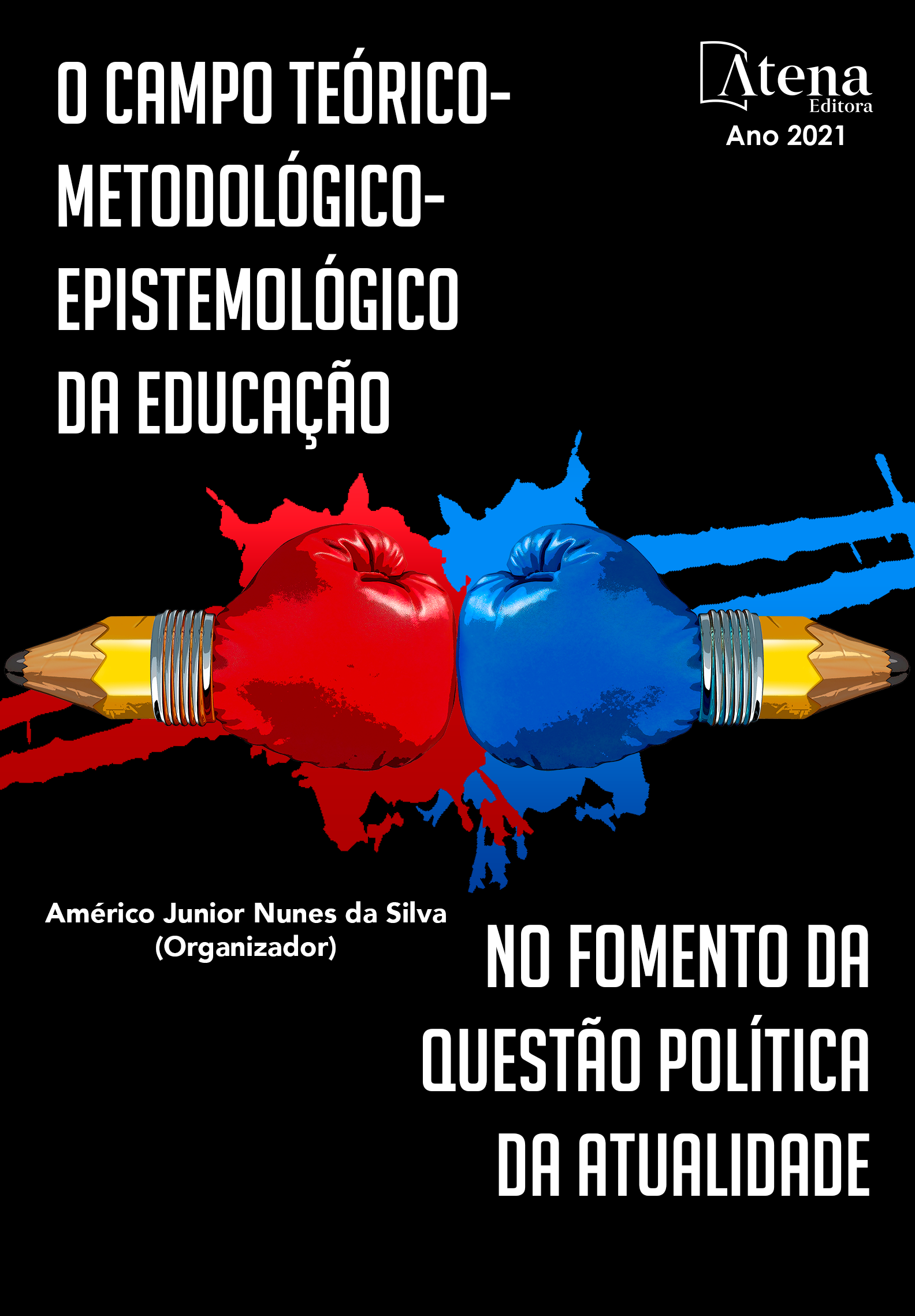
AFETIVIDADE COMO MEDIADORA DA RELAÇÃO PROFESSOR-ALUNO E AS RESSONÂNCIAS PARA O PROCESSO DE ENSINO-APRENDIZAGEM NA PERSPECTIVA WALLONIANA
AFETIVIDADE COMO MEDIADORA DA RELAÇÃO PROFESSOR-ALUNO E AS RESSONÂNCIAS PARA O PROCESSO DE ENSINO-APRENDIZAGEM NA PERSPECTIVA WALLONIANA
-
DOI: 10.22533/at.ed.32521250312
-
Palavras-chave: Emoções, mediação, Wallon.
-
Keywords: Emotions, mediation, Wallon.
-
Abstract: The purpose of this study was to propose a reflection on the possible influences of emotions, within the affective field, in the teacher-student relationship and in the teaching and learning process. We propose to analyze, more specifically, how emotions and feelings can interfere in students’ cognitive and social development, their influence on the construction of autonomy, and what affective strategies the teacher can develop to improve pedagogical mediation. Emotions and feelings constitute Wallon’s vision as relational bias for the use of knowledge in the construction of autonomy and educational praxis. The understanding of the repercussions of the affective condition of the student is fundamental for the intervention proposals, to be carried out in the classroom. The psychological evolution is for Wallon inseparable from the affective condition. The social environment and affectivity decisively influence decision making in response to external stimuli that the child experiences. Latin American society represents a social milieu marked by European cultural traits that have influenced pedagogical practices in the hemisphere, creating a unique “modus operandi” in world history. The sense of belonging has influenced and still influences the way the school is inserted as an effective and real means of action for the production of social transformation, for standardization of desirable behaviors, for the acquisition of the beginnings of a Latin American culture and for the scientific knowledge accumulated by society. Suffering and symbolic violence have become constant in pedagogical relations, the remnant of an oppressed history, which highlights the need to rethink teacher education in its structural context.
- Ricardo Francelino da Silva
- Alonso Bezerra de Carvalho


